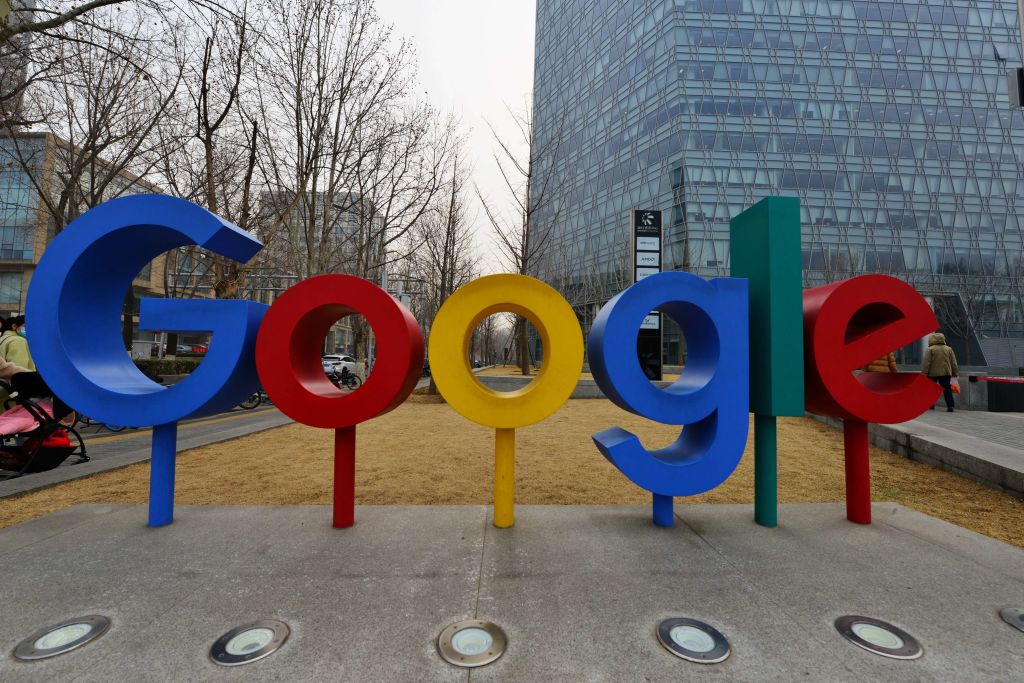Bitcoin’s climb above US$50,000 for the first time on Tuesday marks a psychological milestone for investors—but it could trigger extra regulatory scrutiny.
The move higher means the cryptocurrency has more than doubled in value in just two months after several splashy news announcements. The gains come after a 303% increase in Bitcoin’s price last year.
In recent trading, Bitcoin was selling for $48.726. Bitcoin was up more than 4% earlier on Tuesday but has retreated back. Its price is up nearly 70% so far this year.
This month, Elon Musk’s Tesla (ticker: TSLA) said it bought $1.5 billion of Bitcoin and will start accepting it as payment for its electric vehicles at some point soon. BNY Mellon said it would hold, transfer, and issue Bitcoin for clients, and Mastercard (MA) said it would integrate Bitcoin into its payments network this year.
A possible catalyst for Tuesday’s move higher: MicroStrategy (MSTR), a business-intelligence company that has become a Bitcoin investing platform, said it would sell $600 million of convertible notes to buy the crypto. It sold $650 million of notes in December to do the same thing.
Shares of MicroStrategy fell 3.7% on Tuesday but are up 570% over the past year, compared with the S&P 500’s 16.7% one-year gain.
Bitcoin was once dismissed as a quirky sideshow in finance, with a shadowy history and cultlike following. Its increasingly mainstream appeal puts a spotlight on regulation as banks and professional traders take it seriously.
Earlier this month, newly confirmed Treasury Secretary Janet Yellen told an industry innovation policy roundtable that she sees “the promise” of these new currencies. “But I also see the reality: Cryptocurrencies have been used to launder the profits of online drug traffickers; they’ve been a tool to finance terrorism.”
President Joe Biden’s nominee to head the Securities and Exchange Commission, Gary Gensler, is also well-versed in crypto, having spent the past few years teaching about digital currency and the blockchain technology that underlies it at the Massachusetts Institute of Technology.
“Bitcoin and other cryptocurrencies will come under the spotlight from watchdogs like never before and this can be expected to create volatility in the market,” said Nigel Green, the founder and CEO of U.K.-based deVere Group, a financial advisory firm.
DeVere sold half its Bitcoin holdings in December, when the price had surged to $25,000.
Green said in a December blog post about the sale that it was to take profit after last year’s run-up. “It was not due to a lack of belief in Bitcoin, or the concept of digital currencies,” the post said.
Wedbush analyst Daniel Ives said Tesla’s embrace of Bitcoin could be a “game-changer” for the crypto. “We believe the trend of transactions, Bitcoin investments, and blockchain-driven initiatives could surge over the coming years,” he said. “This Bitcoin mania is not a fad, in our opinion, but rather the start of a new age on the digital currency front.”
More financial and payment companies are pushing Bitcoin into the mainstream. Robinhood, Square (SQ), and PayPal Holdings (PYPL) allow Bitcoin trading. Fidelity Investments has a business to store and trade crypto.
And more are considering jumping in. In January, asset management giant BlackRock (BLK) gave two of its funds the go-ahead to invest in crypto.
A unit of Morgan Stanley’s (MS) asset-management business is reportedly examining adding it as an option for investors. JPMorgan Chase (JPM) Co-President Dan Pinto said last week client demand isn’t there yet, but it will get there.
“If over time an asset class develops that is going to be used by different asset managers and investors, we will have to be involved,” Pinto said on CNBC.
 Copyright 2020, Dow Jones & Company, Inc. All Rights Reserved Worldwide. LEARN MORE
Copyright 2020, Dow Jones & Company, Inc. All Rights Reserved Worldwide. LEARN MORE
What a quarter-million dollars gets you in the western capital.
Alexandre de Betak and his wife are focusing on their most personal project yet.
CIOs can take steps now to reduce risks associated with today’s IT landscape
As tech leaders race to bring Windows systems back online after Friday’s software update by cybersecurity company CrowdStrike crashed around 8.5 million machines worldwide, experts share with CIO Journal their takeaways for preparing for the next major information technology outage.
Be familiar with how vendors develop, test and release their software
IT leaders should hold vendors deeply integrated within IT systems, such as CrowdStrike , to a “very high standard” of development, release quality and assurance, said Neil MacDonald , a Gartner vice president.
“Any security vendor has a responsibility to do extensive regression testing on all versions of Windows before an update is rolled out,” he said.
That involves asking existing vendors to explain how they write software, what testing they do and whether customers may choose how quickly to roll out an update.
“Incidents like this remind all of us in the CIO community of the importance of ensuring availability, reliability and security by prioritizing guardrails such as deployment and testing procedures and practices,” said Amy Farrow, chief information officer of IT automation and security company Infoblox.
Re-evaluate how your firm accepts software updates from ‘trusted’ vendors
While automatically accepting software updates has become the norm—and a recommended security practice—the CrowdStrike outage is a reminder to take a pause, some CIOs said.
“We still should be doing the full testing of packages and upgrades and new features,” said Paul Davis, a field chief information security officer at software development platform maker JFrog . undefined undefined Though it’s not feasible to test every update, especially for as many as hundreds of software vendors, Davis said he makes it a priority to test software patches according to their potential severity and size.
Automation, and maybe even artificial intelligence-based IT tools, can help.
“Humans are not very good at catching errors in thousands of lines of code,” said Jack Hidary, chief executive of AI and quantum company SandboxAQ. “We need AI trained to look for the interdependence of new software updates with the existing stack of software.”
Develop a disaster recovery plan
An incident rendering Windows computers unusable is similar to a natural disaster with systems knocked offline, said Gartner’s MacDonald. That’s why businesses should consider natural disaster recovery plans for maintaining the resiliency of their operations.
One way to do that is to set up a “clean room,” or an environment isolated from other systems, to use to bring critical systems back online, according to Chirag Mehta, a cybersecurity analyst at Constellation Research.
Businesses should also hold tabletop exercises to simulate risk scenarios, including IT outages and potential cyber threats, Mehta said.
Companies that back up data regularly were likely less impacted by the CrowdStrike outage, according to Victor Zyamzin, chief business officer of security company Qrator Labs. “Another suggestion for companies, and we’ve been saying that again and again for decades, is that you should have some backup procedure applied, running and regularly tested,” he said.
Review vendor and insurance contracts
For any vendor with a significant impact on company operations , MacDonald said companies can review their contracts and look for clauses indicating the vendors must provide reliable and stable software.
“That’s where you may have an advantage to say, if an update causes an outage, is there a clause in the contract that would cover that?” he said.
If it doesn’t, tech leaders can aim to negotiate a discount serving as a form of compensation at renewal time, MacDonald added.
The outage also highlights the importance of insurance in providing companies with bottom-line protection against cyber risks, said Peter Halprin, a partner with law firm Haynes Boone focused on cyber insurance.
This coverage can include protection against business income losses, such as those associated with an outage, whether caused by the insured company or a service provider, Halprin said.
Weigh the advantages and disadvantages of the various platforms
The CrowdStrike update affected only devices running Microsoft Windows-based systems , prompting fresh questions over whether enterprises should rely on Windows computers.
CrowdStrike runs on Windows devices through access to the kernel, the part of an operating system containing a computer’s core functions. That’s not the same for Apple ’s Mac operating system and Linux, which don’t allow the same level of access, said Mehta.
Some businesses have converted to Chromebooks , simple laptops developed by Alphabet -owned Google that run on the Chrome operating system . “Not all of them require deeper access to things,” Mehta said. “What are you doing on your laptop that actually requires Windows?”















